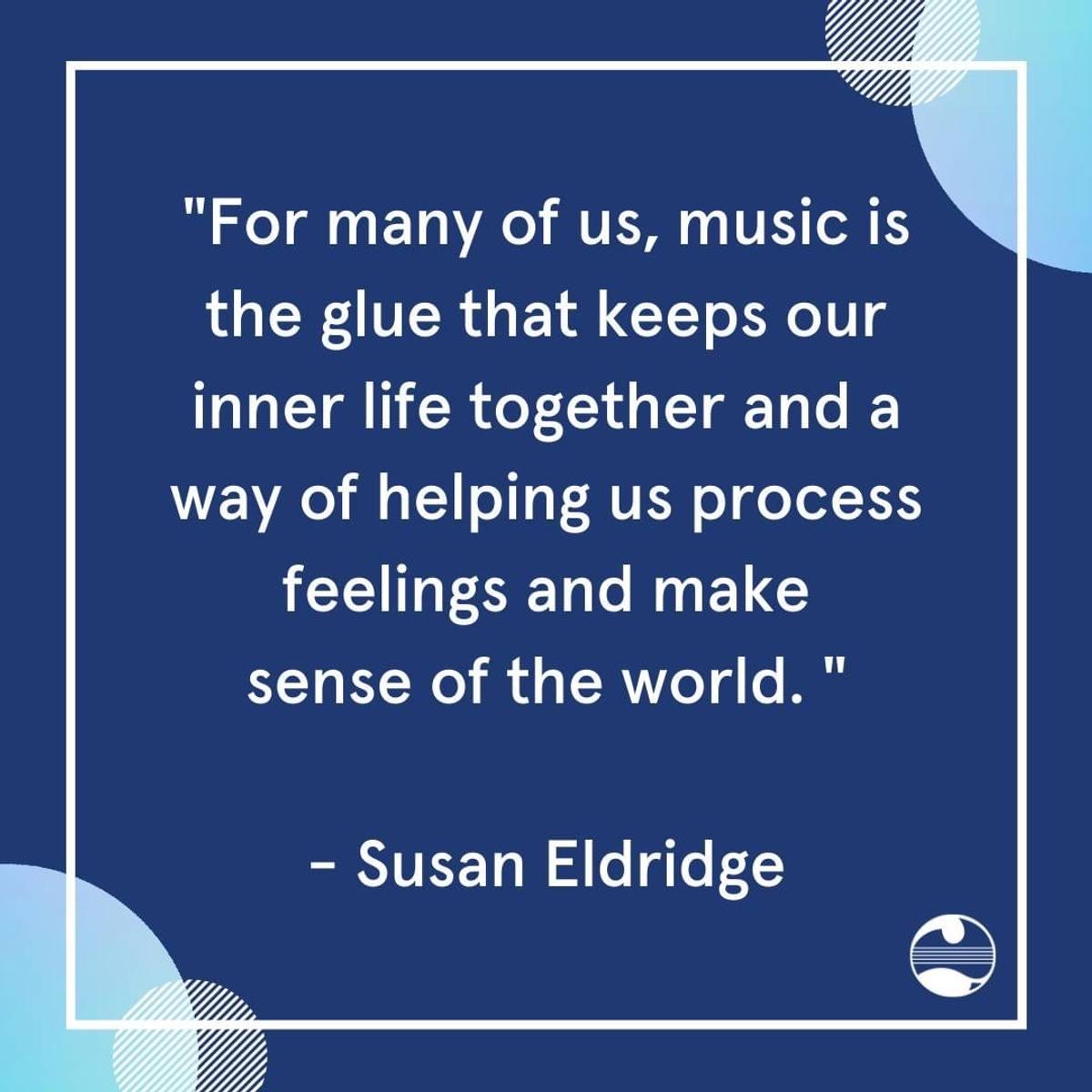RATIONALISING AFTER- SCHOOL ACTIVITIES
Why music education is imperative to keep...

RATIONALISING AFTER- SCHOOL ACTIVITIES
Why music education is imperative to keep...
If you are thinking of rationalising your child's outside school activities and thinking of dropping music lessons altogether or simply " taking a break" because life is simply getting too busy, I would urge you to read on!
Much studies and neuroscience research have been done to show that the positive impact of music on cognitive, social and emotional development in children. Lori Millar Kase's article in theatlantic.com says playing music involves " the auditory, visual, motor and emotional centres of the brain". Various neuroscience research shows that "there is more activity in the brain during a musical performance than there is during other activities". The multi-region activation of the brain leads to strong neural connections and helps shapes the brain (read more here).
The video below with Dr Anita Collins is a great illustration of such findings on how music learning and playing affects brain functions and brain development. Dr Anita Collins is an award-winning educator, researcher and author in the field of brain development and music learning.
We note that theAustralian Government's Learning Potential website (check it out
here ) too shows how music education benefits brain growth, aids language skills, improves memory , concentration, increases coordination, social skills as well as bring joy in performing music.
Music learning also teaches children to learn the value of self-discipline, patience, commitment and perseverance which are important values to balance out the instant gratification habit. Mastering a new piece of music leads to a sense of achievement and boost self esteem. Learning and playing music enliven imagination and creativity, relieve stress, expose students to other cultures thereby giving the children a range of musical experiences. Playing music also relieves stress through the release of endorphins and brings greater blood flow to the brain. Alexis Kalivretenos who had advocated in the Humanist.com here says more importantly that music education is proven to reinforce teamwork (as they become more determined to meet group expectations on the standard of playing when they play in an ensemble setting), creativity, leadership skills and boost inter personal social skills. These are all vital transfer skills to one's profession.
Finally, Susan Elridge's quote below sums up the wonderful and enriching benefits that come with music appreciateion. Susan is a lecturer at Melbourne Conservatorium.


So, the point is whatever other activities you may have planned for your child, music lessons should never be relegated in your list of priorities given the enormous longer term benefit of learning music.